Documentary keeps beat on Harrington's Blue Hen Records
HARRINGTON — As the curator for the Greater Harrington Historical Society and a lifelong resident of the city, Doug Poore thought he knew everything there was to know about the Kent County …

You must be a member to read this story.
Join our family of readers for as little as $5 per month and support local, unbiased journalism.
Already a member? Log in to continue. Otherwise, follow the link below to join.
Please log in to continue |
Documentary keeps beat on Harrington's Blue Hen Records
HARRINGTON — As the curator for the Greater Harrington Historical Society and a lifelong resident of the city, Doug Poore thought he knew everything there was to know about the Kent County municipality.
And that may have been the case until a few years ago, when two members of the Delaware Rock and Roll Society, Steven Leech and Michael Ace, came looking for Blue Hen Records.
It was a label responsible for over 100 songs from around 1955 until the early 1960s — everything from gospel and country to rockabilly music. Blue Hen started with 78 rpm records but switched over to the more popular 45 rpm discs early on.
The company’s beat went on from the front of a Center Street general store/butcher shop, owned by Sam Short.
Its acts included Mel Price and the Santa Fe Rangers — who would go on to back up some legendary Nashville acts and tour with Bob Hope — as well as Jimmy Stayton and The Country Cats, with Mr. Stayton on vocals, Mort Marker on bass and local drummer Honey Voshell.
Mr. Poore discovered “a whole lot more to this story than I ever knew.”
“As we peeled the layers back, we found that Sam sold the records and managed the company out of this general store. The actual recordings were done out of two places. Tom Draper of WBOC and his father bought an AM radio station, just outside of Houston (which later became Eagle 97.7 FM), and this is the music they played,” he said.
“They recorded Sam’s different groups, some in the studio through Tom running that and then, also, at WBOC (in Salisbury, Maryland). But, of course, he had nothing to do with WBOC at the time. But that was the nearest recording studio for something like this.”
The full narrative is now available on film, as 302 Stories in Wilmington — thanks to a Delaware Humanities grant — partnered with the historical society to produce the documentary, “Blue Hen Records: The Sounds of Delmarva.”
The 16-minute movie will premiere June 15 at the Harrington Fire Co. at 20 Clark St. The doors open at 6 p.m., with the screening at 7. There will be free hot dogs, popcorn and sodas, along with a cash bar.
Mr. Poore hopes attendees come dressed in their best 1950s attire.
“I have a bowling shirt for myself. Other people have bought poodle skirts and saddle shoes or white sneakers. We are going to do it up with the whole mindset. We bought bottles of soda and penny candy,” he said.
Mr. Poore thinks the story of Mr. Short and his fledgling record company will be of interest to anyone fascinated by local history and music in general.
“(Mr. Short) picked up the phone, and he could call Patsy Cline. He could call Jerry Lee Lewis. He could call Carl Perkins. He could call the head of Capitol Records in Nashville, (Tennessee). He knew them all by name,” he noted.
But there’s one piece of the puzzle yet unknown: how he made all those associations.
“I think part of it was through a magazine we learned that he was able to put ads in. People called him to be artists and that kind of stuff. And I think, with him working through that, he slowly made those connections to talk to those kinds of people,” Mr. Poore said.
There’s even a rumor that Mr. Short turned down Ms. Cline to be on the label.
During his research, with Mr. Stayton in ill health, Mr. Poore spoke to Mr. Voshell about his trio’s involvement with Blue Hen, learning that the business’s first big recording — and the most sought-after — was The Country Cats’ “Hot Hot Mamma.”
Mr. Stayton was managed at the time by Harrington businessman and entertainment mogul, Reese Harrington of Reese Theater fame. Following the release of this single, Mr. Voshell left the band and was replaced by Patsy Saunders.
The group helped put the recording company on the map. And Blue Hen and its artists began to acquire a following, across the East Coast out to the Mississippi River. The wax masters were shipped to Capitol Records for production.
“I think, if he had started this just after World War II, there might have been a whole different history of this company because his company got to be big enough,” Mr. Poore said. “I think, had the music interest not changed in the ’60s with The Mamas & the Papas, The Beatles, all that kind of craziness, I think you could have been looking at an East Coast Sun Records-type setup.”
Because the society had worked with 302 Films in the past. Mr. Poore thought this subject would make a fascinating documentary.
“It’s not just Harrington’s history. Come to find out, this is truly how rock ‘n’ roll came to be in Delaware. This company, this is where it got its start. It’s just the groundswell that really got it moving in this area,” he said. “So, I wrote a grant to Delaware Humanities to tell the story, and they approved it, and here we are.”
Once the partnership got started with the film, he said the ball never stopped rolling.
“Someone said to me, ‘Hey, Jimmy’s sister still lives around here,’ So, that was the first person. One of our other members dated him in school. Well, OK, that became another person. And then, somebody said, ‘Sam’s grandson still has a lot of the stuff.’ So, that became another bonus. Every interview, every conversation led to the next conversation,” Mr. Poore said.
The grandson, James Callaway, the current owner of the label and the entire catalog from the Library of Congress, had recording contracts, deals for record production and other memorabilia.
Plus, it was later discovered that the late Dennis Hazzard, a former general manager of the Delaware State Fair, was one of the DJs who would play Blue Hen’s music on the radio.
“We talked to his widow, who introduced us to another DJ who lives in Dover. I found out about the Tom Draper connection from her. Information was coming in so fast, I could hardly keep up with it,” Mr. Poore said.
He hopes more details come to light once people see the film.
“You never know what is going to come through the door,” he said.
For information on the documentary, visit ghhsociety.org, contact Mr. Poore at 302-670-6158 or email info@ghhsociety.org.

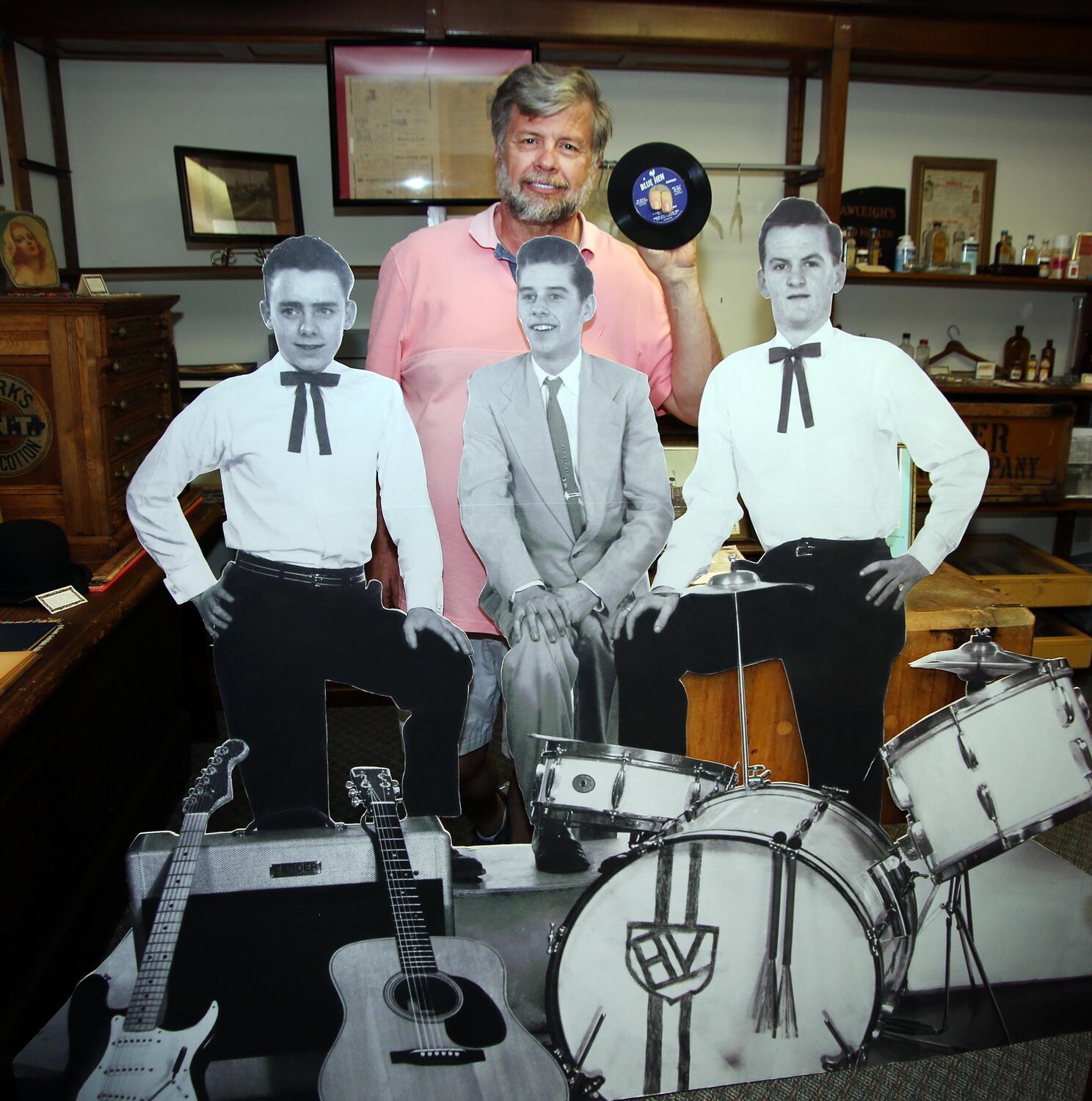
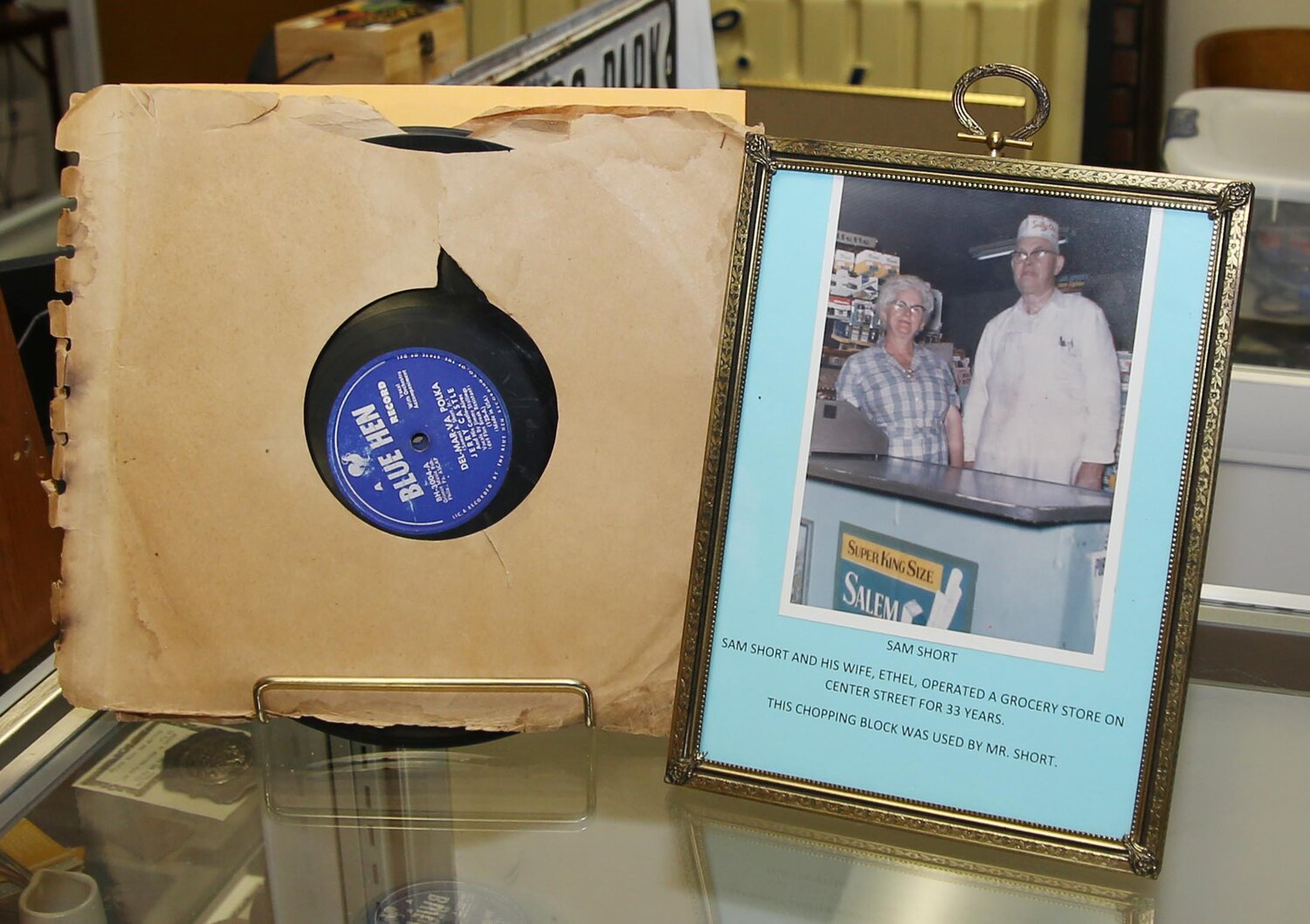
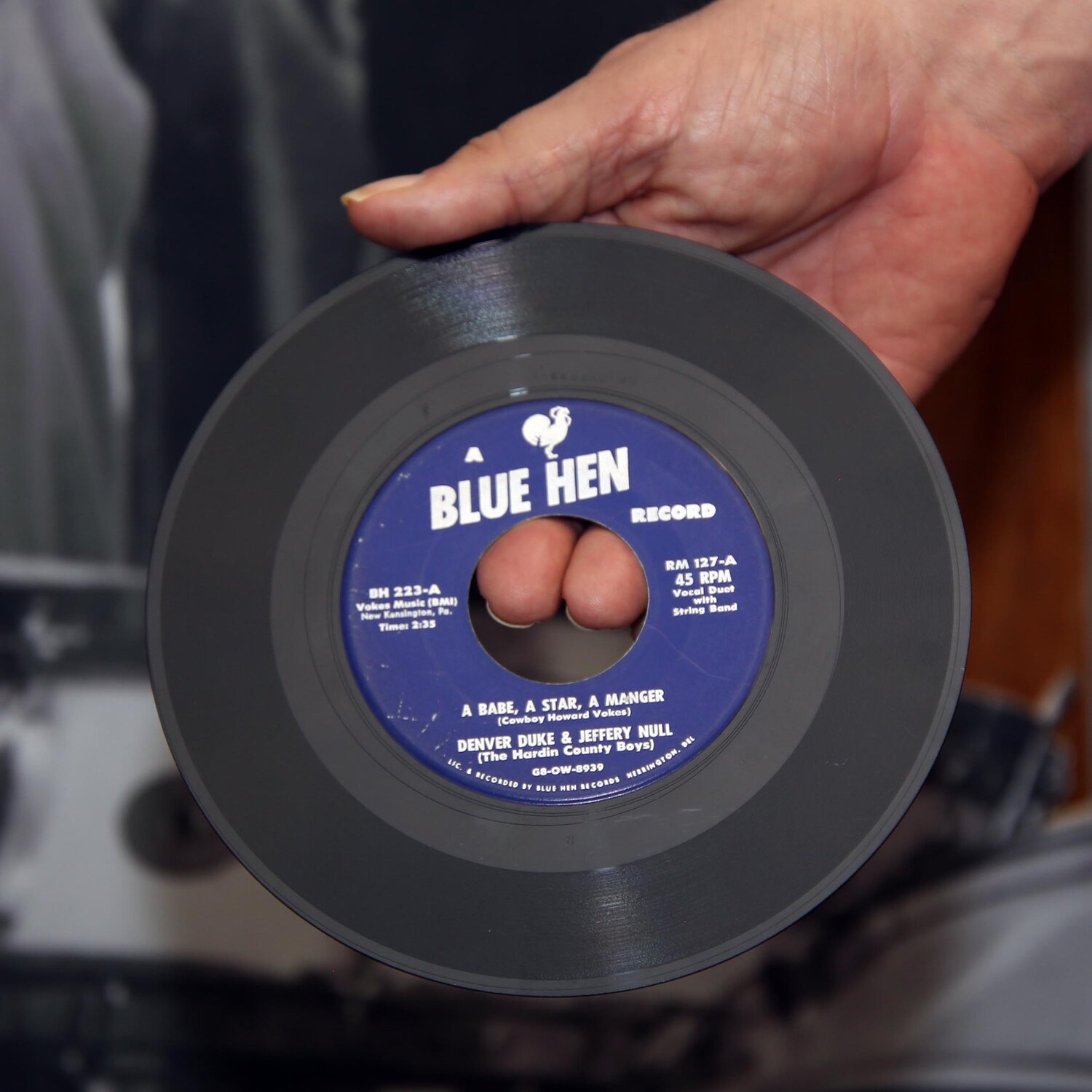
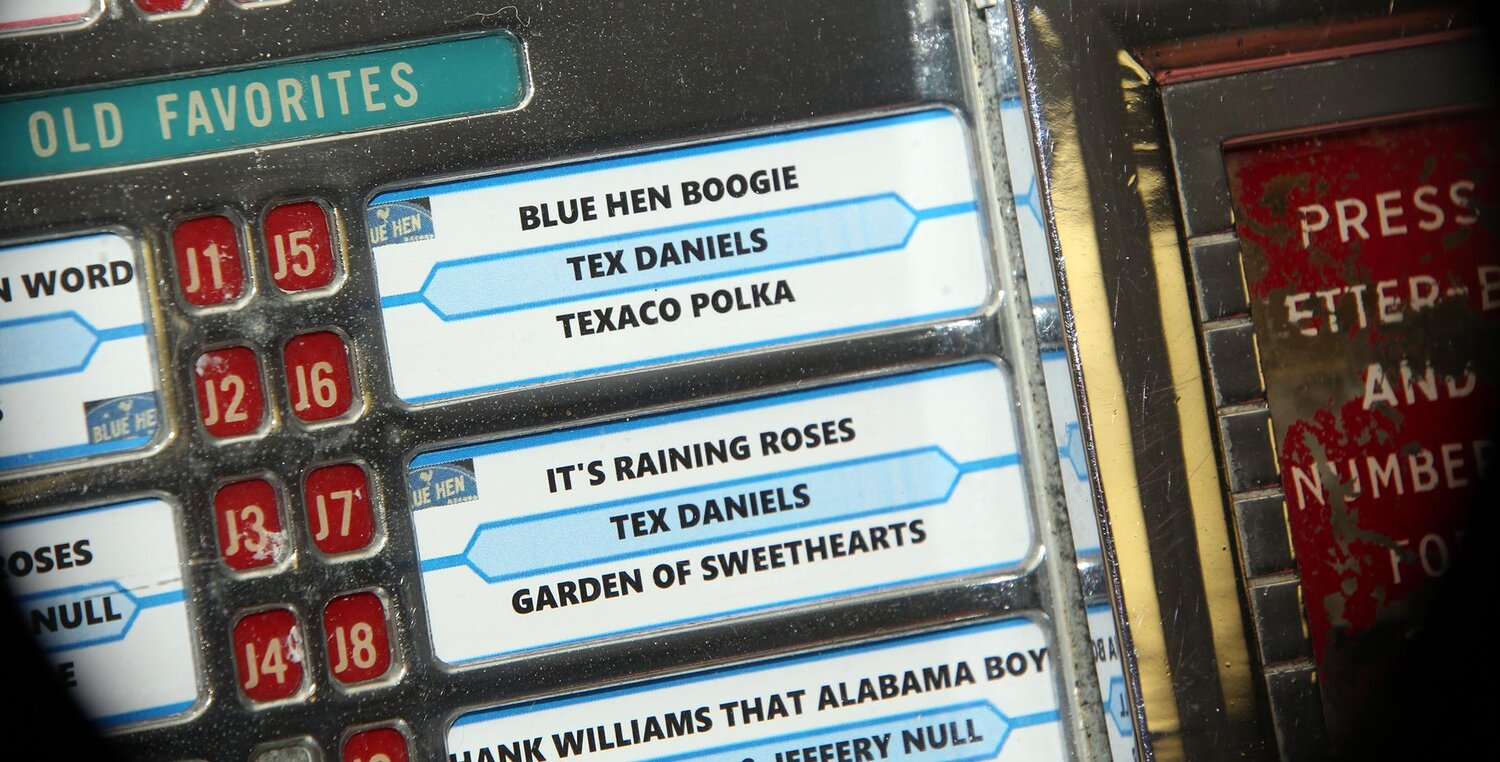
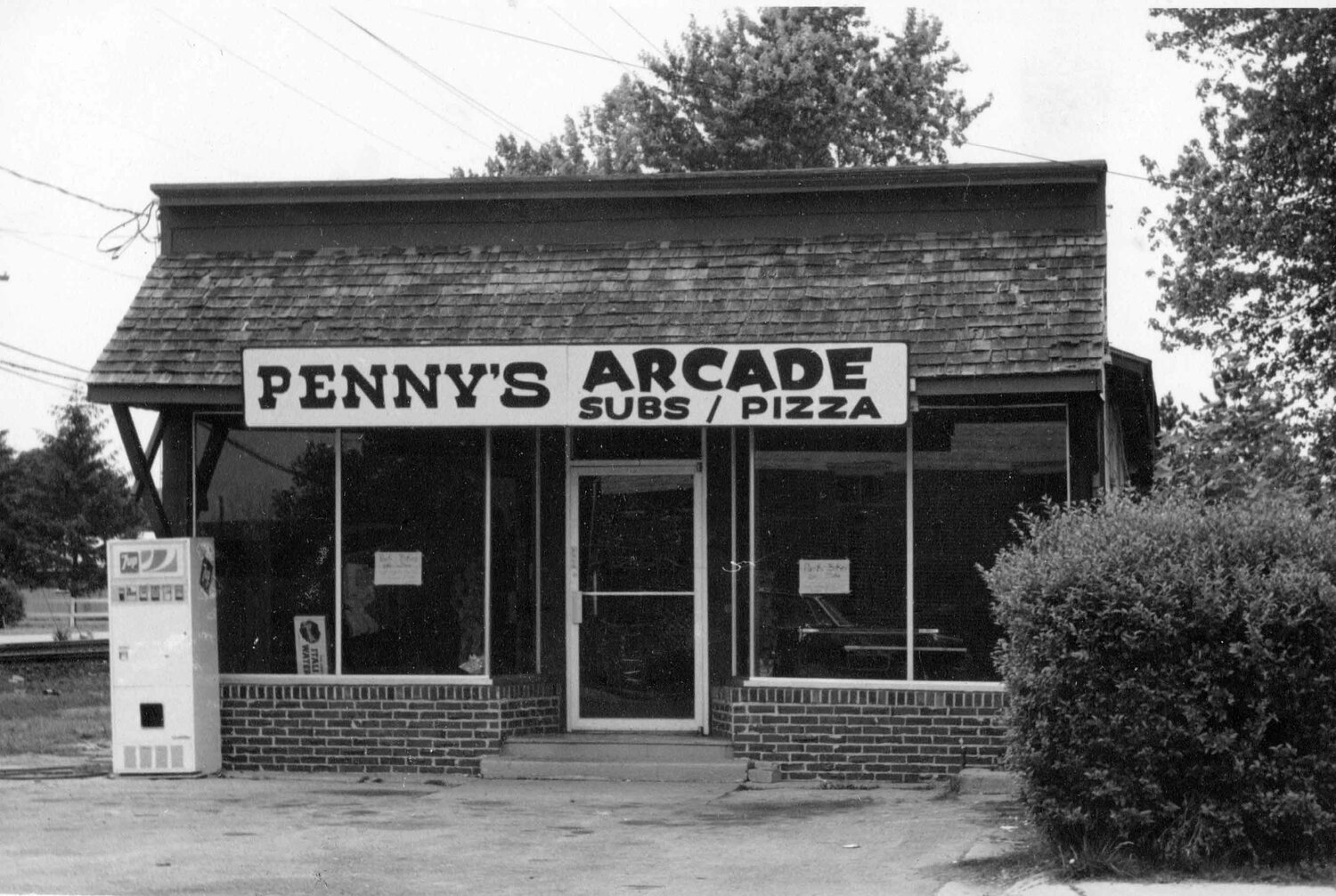
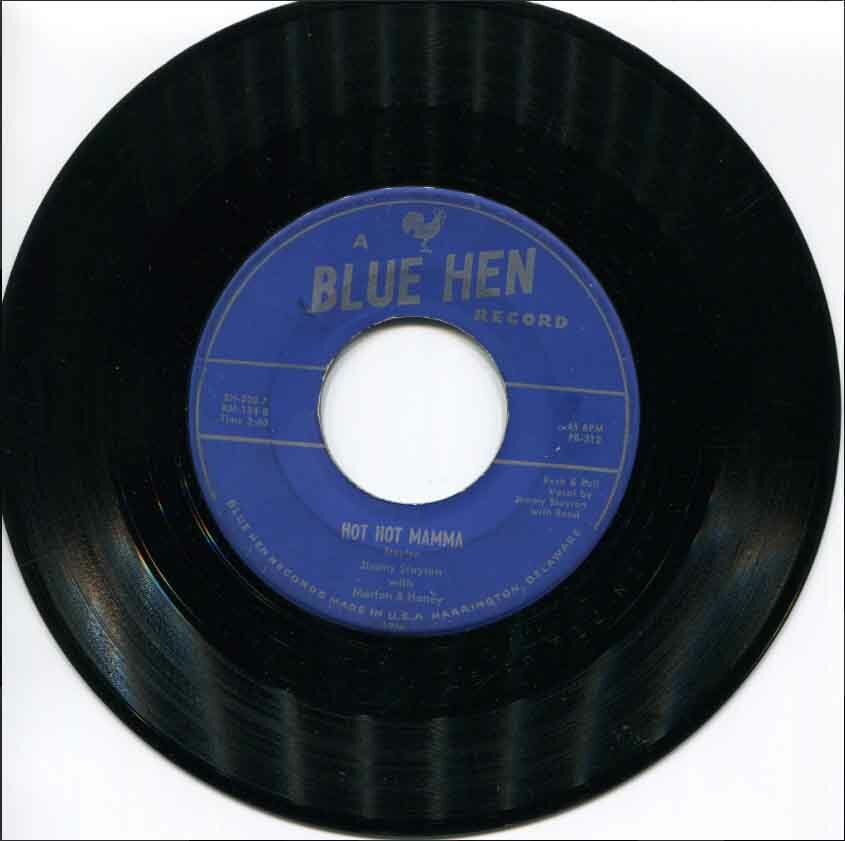






 By
By 



